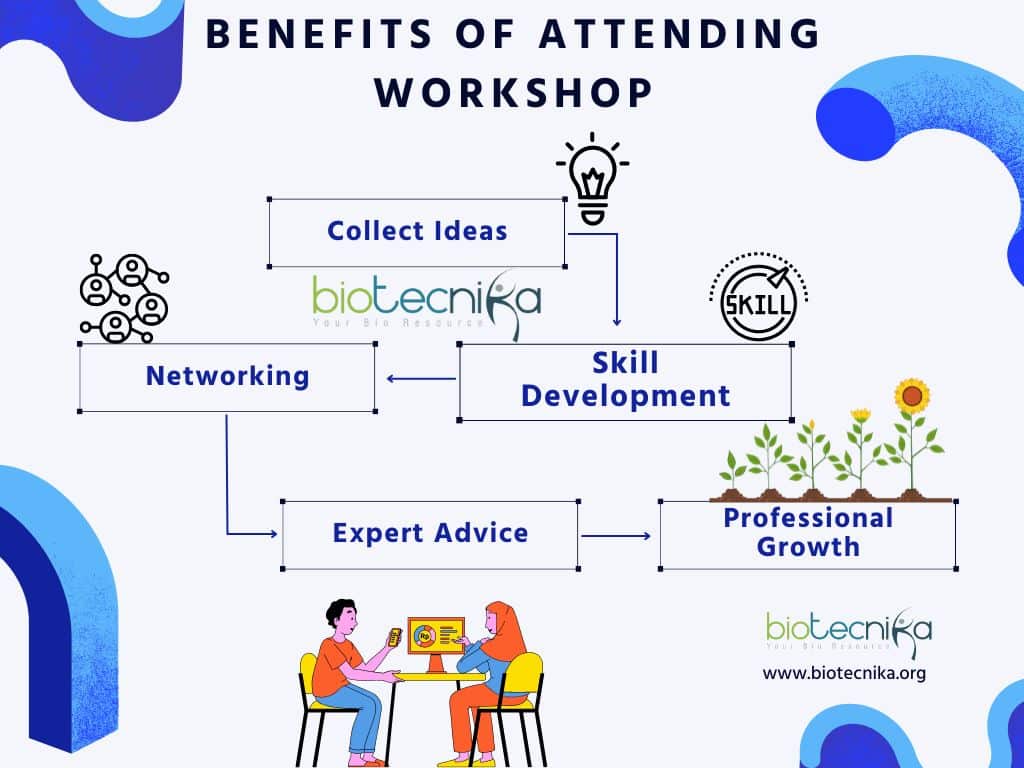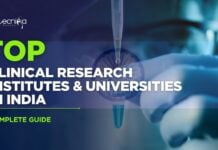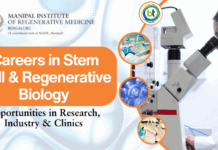Whole Genome Sequencing Importance & Job Scope
Whole genome sequencing (WGS) is a powerful tool that has revolutionized the field of genomics. It is the process of determining the complete DNA sequence of an organism’s genome. Aspiring researchers who want to work in genomics or related fields must learn this technique, as it has become an essential tool for many types of research. In this article, we will explore why learning WGS is critical for aspiring researchers, the types of jobs available in this field, applications of WGS, and market predictions for the future.
Why Must Aspiring Researchers Learn Whole Genome Sequencing?
The importance of WGS cannot be overstated. The ability to sequence an entire genome has led to numerous discoveries in genetics and has opened up new avenues for research. Aspiring researchers who want to work in the field of genomics must learn WGS, as it is essential for many types of research, including disease diagnosis, drug development, and gene therapy. By learning WGS, researchers can analyze genetic data and identify mutations that may cause diseases, develop personalized treatments based on a patient’s genetic makeup, and even design new drugs that target specific genes.
Whole Genome Sequencing Importance
Jobs in Whole Genome Sequencing Field
Whole genome sequencing (WGS) has become an essential tool for many types of research, including medicine, agriculture, environmental science, and more. As a result, there is a growing demand for individuals with expertise in WGS, and the job opportunities in this field are numerous. Here are some of the job roles that individuals with expertise in WGS may pursue:
- Genomic Research Scientist: Genomic research scientists work in academic or industry settings, researching various topics related to genomics, including disease diagnosis, drug development, and personalized medicine. They may work in teams to analyze genomic data, identify disease-associated mutations, and develop treatments based on a patient’s genetic makeup.
- Bioinformatician: Bioinformaticians are professionals who specialize in analyzing large-scale genomic data sets. They use advanced computational techniques to analyze
genomic data, identify genetic variations, and develop new algorithms and tools for genomic analysis.
- Genetic Counselor: Genetic counselors work with patients to evaluate their risk of developing certain genetic diseases and to help them make informed decisions about genetic testing and treatment options. They may also provide support to patients and families affected by genetic disorders.
- Healthcare Professional: Healthcare professionals, including doctors, nurses, and other healthcare providers, are increasingly using genomic data to inform diagnosis and treatment decisions. Professionals with expertise in WGS may be in high demand in these fields, particularly in specialties such as oncology and reproductive medicine.
- Biotech and Pharmaceutical Researcher: Biotech and pharmaceutical companies are investing heavily in genomic research, and individuals with expertise in WGS may find opportunities in drug discovery and development, as well as other areas of research.
Overall, the job opportunities in the field of WGS are varied and expanding rapidly, and individuals with expertise in this area are likely to be in high demand. As the field continues to evolve and new applications of WGS emerge, even more, job opportunities will likely become available.
Applications of Whole Genome Sequencing
Whole genome sequencing (WGS) has numerous applications in various fields, including medicine, agriculture, environmental science, and more. Here are some of the major applications of WGS:
- Disease Diagnosis and Treatment: WGS has revolutionized the field of personalized medicine. By sequencing an individual’s entire genome, doctors and researchers can identify genetic variations that may cause disease, predict the risk of developing certain diseases, and develop personalized treatments based on the patient’s genetic makeup. WGS is particularly useful for identifying rare genetic disorders, which can be difficult to diagnose using other methods.
- Cancer Genomics: WGS is used extensively in cancer research to identify mutations that may be driving the growth of tumors. By sequencing cancer genomes, researchers can identify potential targets for drug development and develop personalized treatment plans based on the patient’s unique genetic profile.
- Agriculture: WGS is used in agriculture to improve crop yields, develop more resistant crops, and identify markers associated with desirable traits, such as drought tolerance or disease resistance. WGS is also used to identify pathogens that affect crops, which can help farmers to develop more targeted and effective treatments.
- Environmental Science: WGS is used in environmental science to study microbial communities and their role in ecosystem function. By sequencing the genomes of microbes found in various environments, researchers can identify the functions of specific microbial populations and better understand their interactions with other organisms and the environment.
- Forensic Science: WGS is used in forensic science to identify suspects, victims, and other individuals involved in criminal investigations. By sequencing DNA from crime scenes, forensic investigators can identify genetic markers that can be used to link suspects to crimes.
- Evolutionary Biology: WGS is used in evolutionary biology to study the genetic changes that occur over time and the processes that drive evolution. By comparing the genomes of different species, researchers can identify genetic changes that have occurred over millions of years of evolution and better understand the mechanisms that drive these changes.
Overall, WGS has a wide range of applications in various fields, and its potential for revolutionizing personalized medicine, agriculture, environmental science, and other areas is enormous. As the technology continues to improve, it is likely that even more applications of WGS will emerge, making it an essential tool for researchers in many different fields.
Whole Genome Sequencing Importance
Market Prediction for Whole Genome Sequencing
The market for WGS is expected to grow significantly in the coming years. According to a report by Grand View Research, the global WGS market is expected to reach USD 25.5 billion by 2025, driven by increased demand for personalized medicine and the development of new drugs targeting specific genes. As the field of genomics continues to grow, the demand for individuals with expertise in WGS will also increase.
In conclusion, learning WGS is critical for aspiring researchers who want to work in genomics or related fields. It is an essential tool for many types of research, including disease diagnosis, drug development, and gene therapy. The job opportunities available for individuals with expertise in WGS are numerous, including research positions in academia or industry and roles in bioinformatics, genetic counseling, and healthcare. With the continued growth of the field of genomics, the market for WGS is expected to grow significantly, making it an excellent investment for aspiring researchers.


























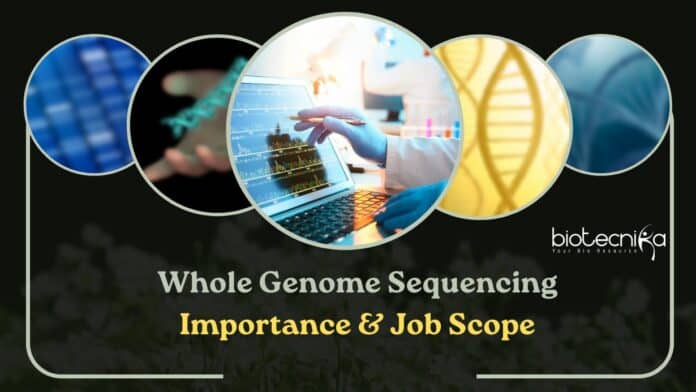

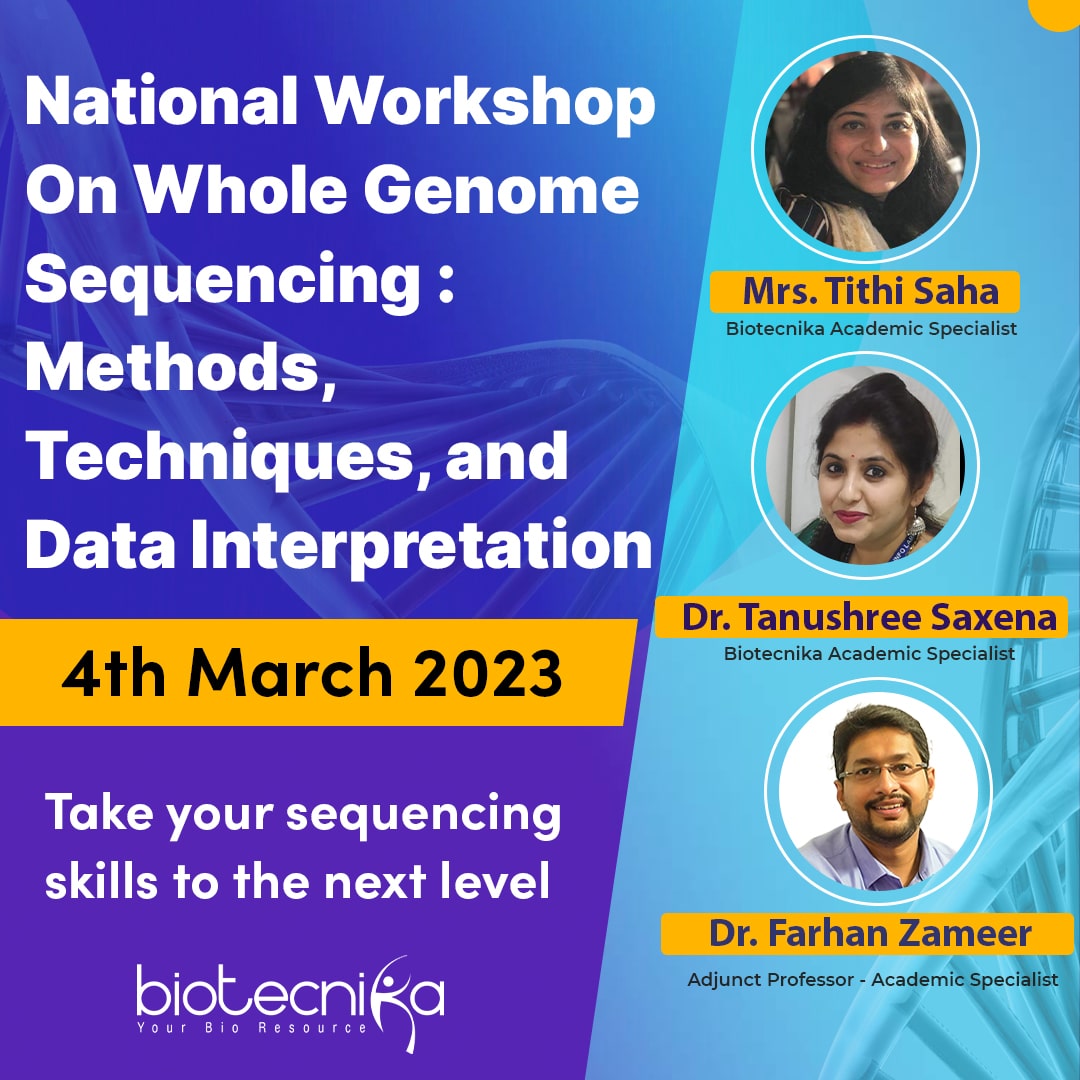 genomic data, identify genetic variations, and develop new algorithms and tools for genomic analysis.
genomic data, identify genetic variations, and develop new algorithms and tools for genomic analysis.